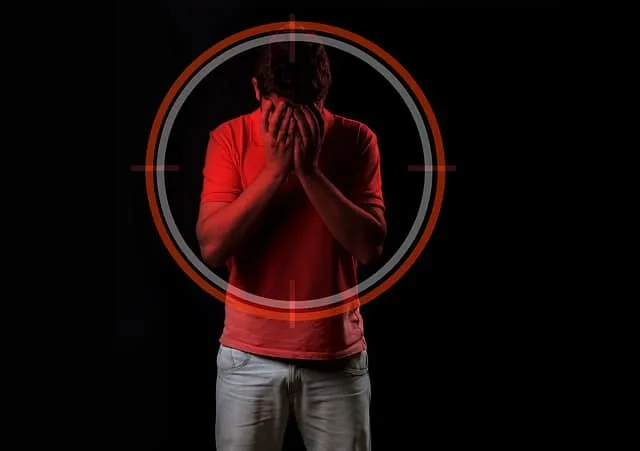
We all have our habits, our coping mechanisms, and our way of keeping an even keel. However, not all are equal. Exercising off some stress is not smoking, and playing video games for an hour is not the same as substance abuse.
If you’re concerned that your habits are taking a real toll on your life, here are a few tips on how to say goodbye.
Know that it’s connected to other things
Addiction to activities and substances isn’t always just caused by a chemical reaction that changes how our brain deals with cravings.
It can just as linked to mental health issues such as depression and stress. As such, a dual diagnosis can often be crucial in really dealing with issues of addiction, as we have to deal with the root causes, not just the issue itself.
As such, looking after your mental health is key.
We all have triggers
In many cases, our worst habits have direct causal links with triggers.
Certain environments and cues can make our cravings significantly stronger. In the case of alcohol, being in a social situation is a major trigger for many people, for one. Other triggers may not be as obvious.
However, learning about your emotional triggers can help you avoid them, at first, and then use mindfulness to become more aware of how they shape your reactions, and what you can do to prevent that from happening.
Measure the positive changes in your life
Metrics can play a surprisingly effective role in the battle against bad habits.
Making healthier changes such as spending time on self-care and getting physically active will all help battle addiction.
However, the simple matter of measuring the progress we make serves as a motivation to further us on the road to recovery. When we see how far we’ve come, not only can it inspire us to keep going, but it can make it clear how much we risk falling back on bad habits.
Know that help is available
In some cases, getting help drastically increases your chances of maintaining recovery from addiction. In others, it’s essential.
Look at the options near you, not just your friends and family, but counseling, support groups, and even a local residential treatment center. Weigh your options honestly and find the right path for you.
Keep your expectations realistic
Having stayed away from your worst habit for a week is a victory, but it’s not a sign that the war is over.
The process of “curing oneself” is an everyday thing, and it will go on for the rest of your life. It’s important to not be complacent when it comes to dealing with an addiction of any type.Maintaining your healthier habits, keeping your triggers in check, and knowing when to fall back on help is all-important.
The tips above are not a full education on how to fight the worst of your habits, simply a primer on the first steps available. Whatever your next step is, the most important thing is that you’re actively moving towards a healthier life.
- Sagittarius Man & Gemini Woman Love and Sex Compatibility - January 31, 2024
- Taurus Ascendant Rising Personality Traits in Men (Guide) - January 31, 2024
- How to Seduce and Attract a Sagittarius Man (Seduction Tips) - January 31, 2024
